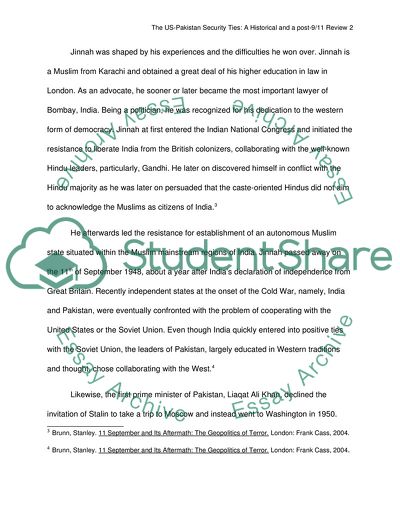Cite this document
(US/Pakistan Security Ties after September 11th Research Paper, n.d.)
US/Pakistan Security Ties after September 11th Research Paper. Retrieved from https://studentshare.org/politics/1722077-uspakistan-security-ties-after-september-11th-2001
US/Pakistan Security Ties after September 11th Research Paper. Retrieved from https://studentshare.org/politics/1722077-uspakistan-security-ties-after-september-11th-2001
(US/Pakistan Security Ties After September 11th Research Paper)
US/Pakistan Security Ties After September 11th Research Paper. https://studentshare.org/politics/1722077-uspakistan-security-ties-after-september-11th-2001.
US/Pakistan Security Ties After September 11th Research Paper. https://studentshare.org/politics/1722077-uspakistan-security-ties-after-september-11th-2001.
“US/Pakistan Security Ties After September 11th Research Paper”, n.d. https://studentshare.org/politics/1722077-uspakistan-security-ties-after-september-11th-2001.


